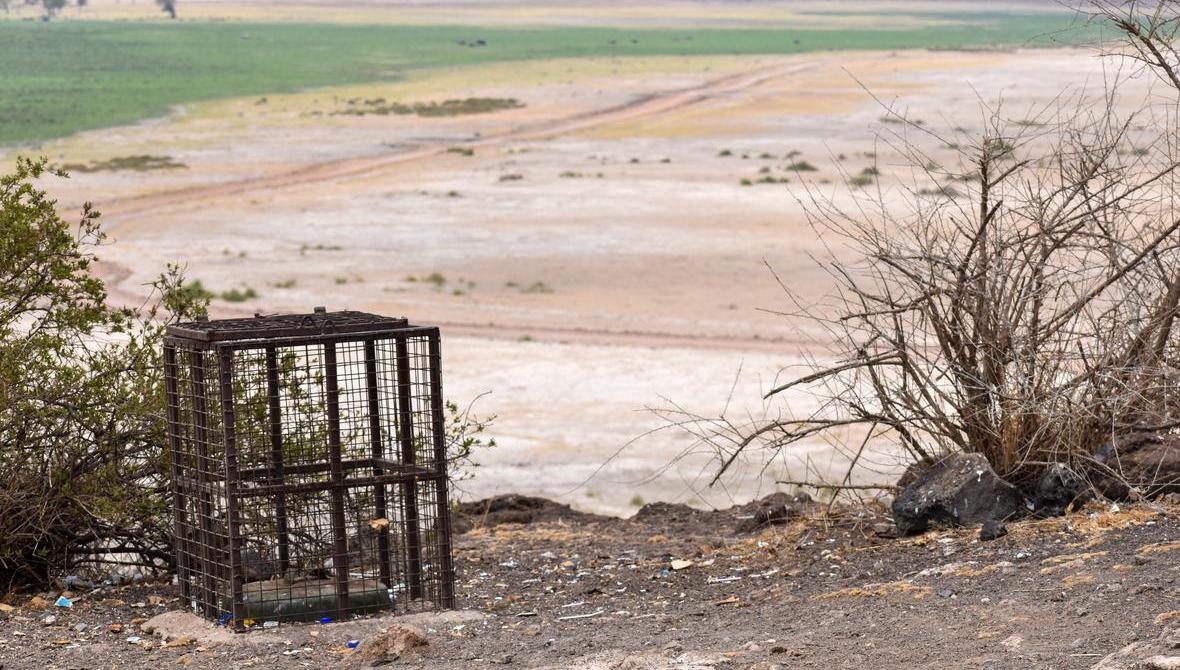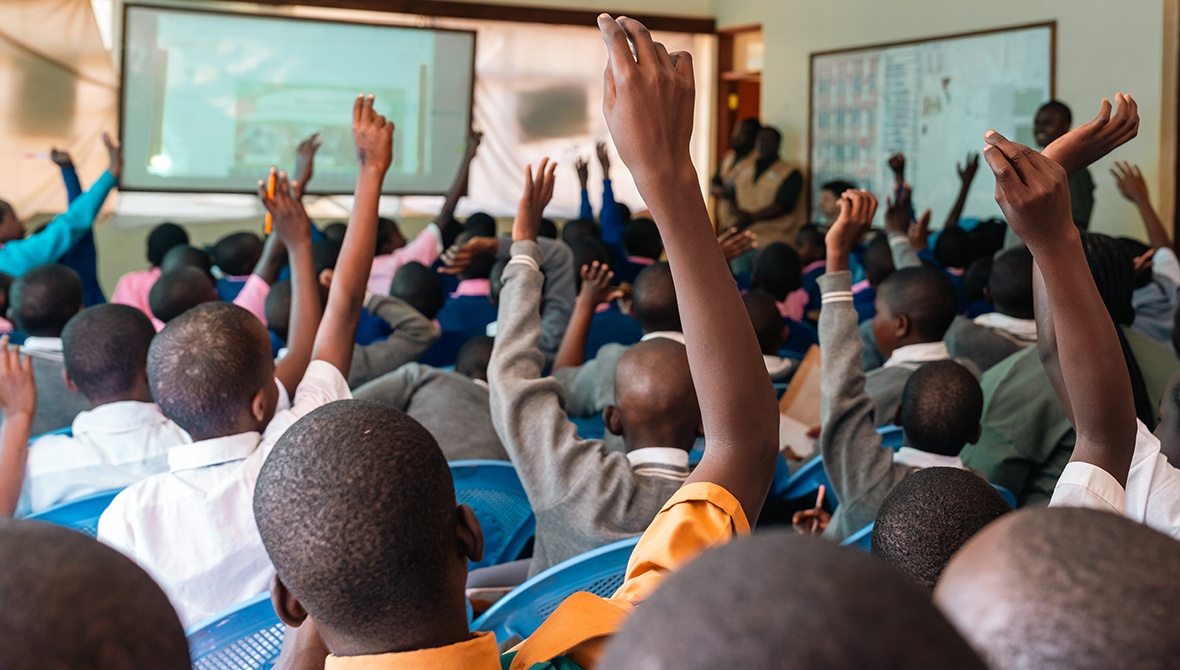World Environment Day 2025: Africa’s Wild Spaces Deserve a Plastic-Free Future

An overlook in Amboseli National Park, Kenya. ©Mike Seay/AWF
As the world marks World Environment Day on June 5, Africa’s unique wild landscapes—from the windswept savannas of Kenya to the dense rainforests of the Congo Basin—remind us of what’s at stake in the fight against plastic pollution.
This year’s theme, “Beat Plastic Pollution,” is not just a global call—it’s personal for the African Wildlife Foundation (AWF) and the communities we work with across the continent.
Protecting Iconic Ecosystems, One Piece of Plastic at a Time
Plastic waste might seem like a distant issue when you're standing beneath the towering trees of Dja in Cameroon or watching elephants cross Amboseli’s open plains. But plastic is creeping into these ecosystems—carried by wind, dumped along roadsides, or tossed into rivers. It clogs waterways, entangles wildlife, and pollutes vital grazing lands. The threat is quiet but serious.
AWF has long championed the protection of Africa’s most treasured landscapes, but conservation today means looking beyond poaching and habitat loss. It means asking hard questions about what kind of development we support—and holding the line when it comes to plastic waste.
Parks in Africa Leading the Way
Encouragingly, some protected areas are setting a powerful example. Kenya has implemented a ban on single-use plastic in its national parks and reserves, and Rwanda has banned single-use plastic nationwide, including in Volcanoes National Park. Visitors are encouraged to bring reusable containers and avoid single-use packaging. These efforts demonstrate what’s possible when conservation and policy come together—and they’re worth celebrating.
In addition, we’re reaching school-age children on the impact of conservation, with special lessons on plastic pollution, climate change, biodiversity loss, and more. In the long run, a plastic-free approach not only protects wildlife, it also enhances tourism and safeguards the health of local people who depend on clean water and healthy ecosystems.

Students at Mtito Andei Primary School in Kenya have received lessons on plastic waste and other environmental issues. ©AWF
Small Steps, Big Impact
Whether you live in Nairobi or New York, you have a role to play:
● Travel responsibly: When visiting natural areas, leave no trace—especially plastic.
● Support local conservation: Back organizations and policies that champion sustainability and local leadership.
● Rethink your footprint: Swap single-use plastics for reusable alternatives. Talk to your networks. Push for better waste management where you live.
Plastic pollution is not someone else’s problem. It’s ours—and Africa’s wild places deserve better.
A Future Worth Fighting For
At AWF, we believe that Africa’s environmental future lies in the hands of its people—and that the world must support African-led conservation with the same urgency it brings to climate and biodiversity issues elsewhere.
On World Environment Day, we’re doubling down on that belief. Let’s clean up our act—for the wildlife, for the land, and for future generations who deserve to inherit a thriving, plastic-free Africa.
Read AWF Kenya Country Director Nancy Githaiga's reflections on plastic for World Environment Day